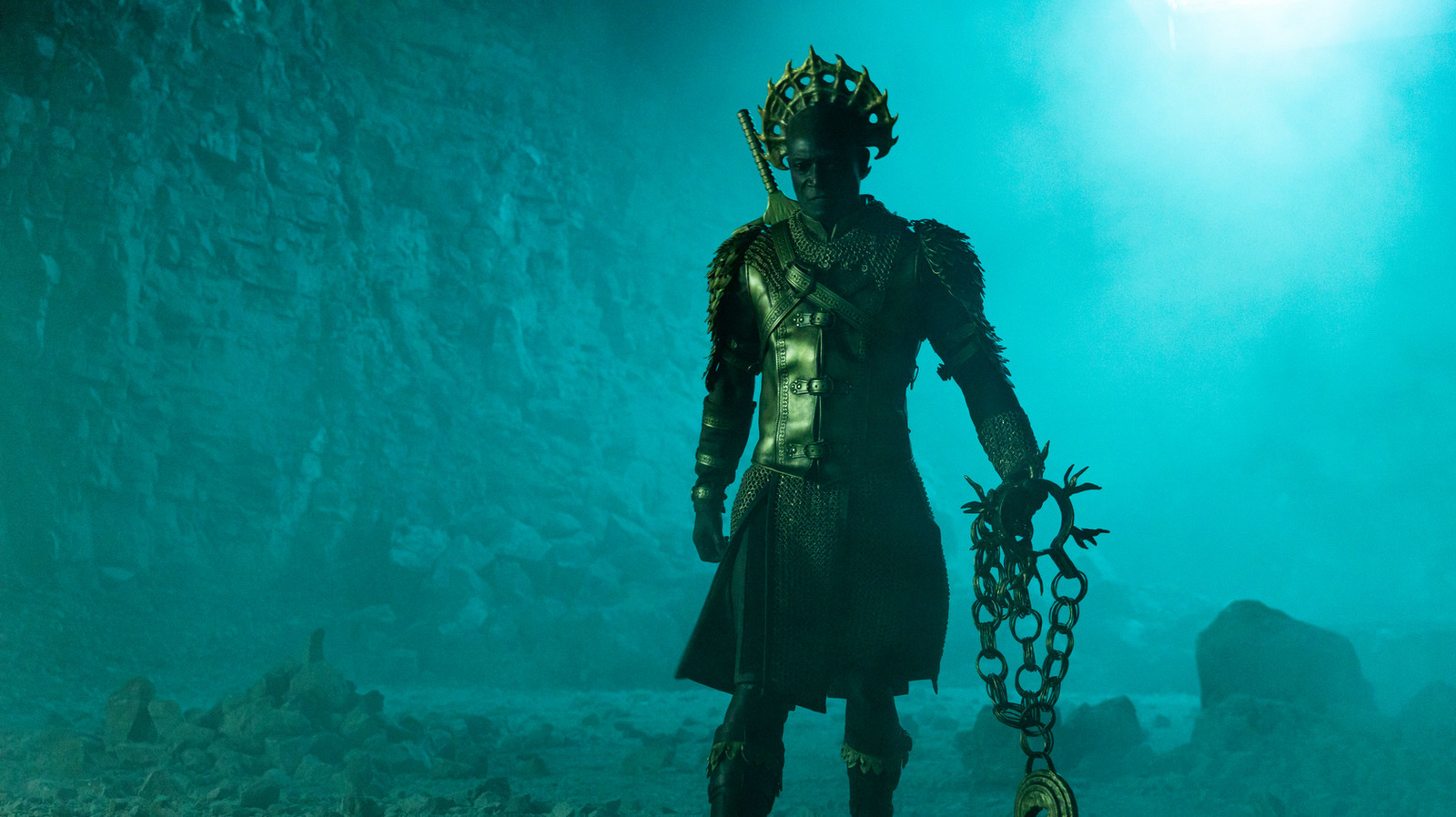California movie tax credit hits industry diversity
Gov. Gavin Newsom's efforts to expand the California film and television tax credit have come up against the issue of industry diversity.
Newsom's budget proposal includes extending the $330 million filming incentive, which is currently due to expire in 2025, for an additional five years.
But Assemblyman Phil Ting, who chairs the budget committee, criticized the California Film Commission for not having produced diversity data for productions that have already benefited from tax advantages. He also questioned the need to "rush" the extension without seeing the data first.
State law requires the commission to file annual reports — beginning January 2022 — on the diversity of projects. After the hearing, the commission publishes the first annual report on its website.
After reviewing it, Ting said the numbers show studios still have a lot of work to do to do.
"Studios really need to demonstrate a lot more results before we can move forward with a new tax credit," Ting told Variety in an interview on Wednesday. "We may have to wait a year...California provided the money, but they didn't provide the jobs for a diverse group of Californians."
Over the past two years, lawmakers have made diversity a central goal when considering the tax credit program.
In 2021, the Legislative Assembly approved a new $150 million incentive for the construction of sound stages, which included a bonus for productions that meet diversity hiring goals.
Newsom's proposal to extend the $330 million program would also include a diversity incentive. Under the current draft, productions that do not make a good faith effort to hire a diverse workforce would lose up to 4% of their credit allocation.
In both cases, the goal is to make the productions "broadly representative" of the demographics of the state.
Data released by the commission shows white people are overrepresented in the labor force industry, relative to state population, while Latinos and Asian Americans are underrepresented.
For the first time, the film commission has also released project-by-project diversity data for 16 productions that received state tax credits.
Some projects, like the Latin-themed TV series "Mayans M.C." on FX and the Netflix movie "Me Time", hired a diverse workforce.
In the interview, Ting argued that this shows diversity is achievable.
"Diversity-conscious productions have done very well across the board. You could see it,” he said. "For the projects that didn't care, they did poorly."
He also noted that the workers' union is heavily Latino, which helps bolster Latino representation at all levels. But overall, he said the industry's track record was poor.
"California did their part and gave them the resources to stay in California", said he declared. "They didn't really do their part and employed a cross section of people living in California."

Gov. Gavin Newsom's efforts to expand the California film and television tax credit have come up against the issue of industry diversity.
Newsom's budget proposal includes extending the $330 million filming incentive, which is currently due to expire in 2025, for an additional five years.
But Assemblyman Phil Ting, who chairs the budget committee, criticized the California Film Commission for not having produced diversity data for productions that have already benefited from tax advantages. He also questioned the need to "rush" the extension without seeing the data first.
State law requires the commission to file annual reports — beginning January 2022 — on the diversity of projects. After the hearing, the commission publishes the first annual report on its website.
After reviewing it, Ting said the numbers show studios still have a lot of work to do to do.
"Studios really need to demonstrate a lot more results before we can move forward with a new tax credit," Ting told Variety in an interview on Wednesday. "We may have to wait a year...California provided the money, but they didn't provide the jobs for a diverse group of Californians."
Over the past two years, lawmakers have made diversity a central goal when considering the tax credit program.
In 2021, the Legislative Assembly approved a new $150 million incentive for the construction of sound stages, which included a bonus for productions that meet diversity hiring goals.
Newsom's proposal to extend the $330 million program would also include a diversity incentive. Under the current draft, productions that do not make a good faith effort to hire a diverse workforce would lose up to 4% of their credit allocation.
In both cases, the goal is to make the productions "broadly representative" of the demographics of the state.
Data released by the commission shows white people are overrepresented in the labor force industry, relative to state population, while Latinos and Asian Americans are underrepresented.
For the first time, the film commission has also released project-by-project diversity data for 16 productions that received state tax credits.
Some projects, like the Latin-themed TV series "Mayans M.C." on FX and the Netflix movie "Me Time", hired a diverse workforce.
In the interview, Ting argued that this shows diversity is achievable.
"Diversity-conscious productions have done very well across the board. You could see it,” he said. "For the projects that didn't care, they did poorly."
He also noted that the workers' union is heavily Latino, which helps bolster Latino representation at all levels. But overall, he said the industry's track record was poor.
"California did their part and gave them the resources to stay in California", said he declared. "They didn't really do their part and employed a cross section of people living in California."
What's Your Reaction?















![Three of ID's top PR executives quit ad firm Powerhouse [EXCLUSIVE]](https://variety.com/wp-content/uploads/2023/02/ID-PR-Logo.jpg?#)







